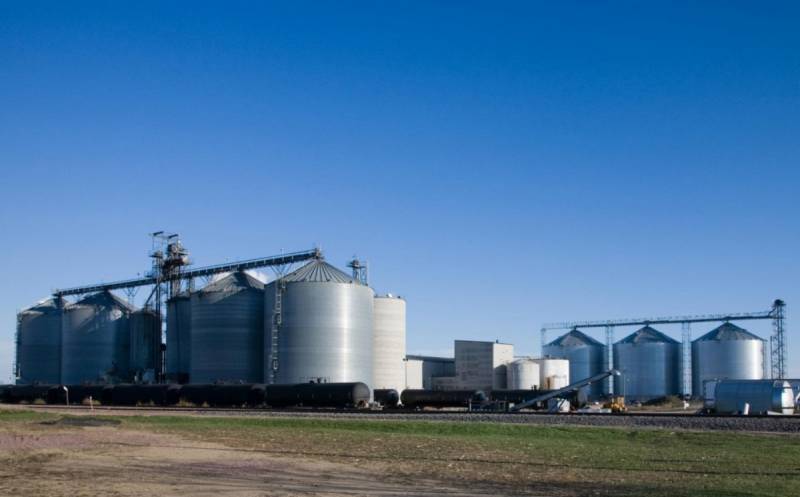Vegetable oil as a biofuel is fraught with great danger to humanity
Vegetable oil is rapidly gaining popularity as a biofuel around the world. In recent years, it has become an increasingly common way to reduce emissions when it comes to both transport and heating. In the UK, about 1,7 million homes still use kerosene heaters and the government believes they can be adapted to run on hydrotreated vegetable oil. OilPrice writes about this.
There are major efforts in Mexico to increase the use of vegetable oil biofuels for public transport, which could be a low-cost alternative to diesel fuel.
In theory, the use of vegetable oils from appropriate crops as a fuel could provide up to 80% reduction in greenhouse gases that could be formed when burning diesel. In addition, grandiose plans are already underway to use oil for the same purposes, which is intended for disposal after frying in restaurants and fast food cafes.
However, more moderate experts warn that it is impossible to transfer the automotive industry (as well as heating) to this type of fuel on an industrial or global scale, since it would require a radical increase in corn or sunflower crops, which are known to severely deplete soils.
In order to restore their fertility, they will either have to observe a long-term crop rotation, which will remove significant areas of soil from annual use, and this, with a shortage of food, is fraught with disaster, or heavily pollute them with mineral fertilizers. Therefore, the transfer of the concept of vegetable oil from a food product to a full-fledged fuel is fraught with a great danger to the food security of mankind and the environment, much more serious than possible benefits.

Information